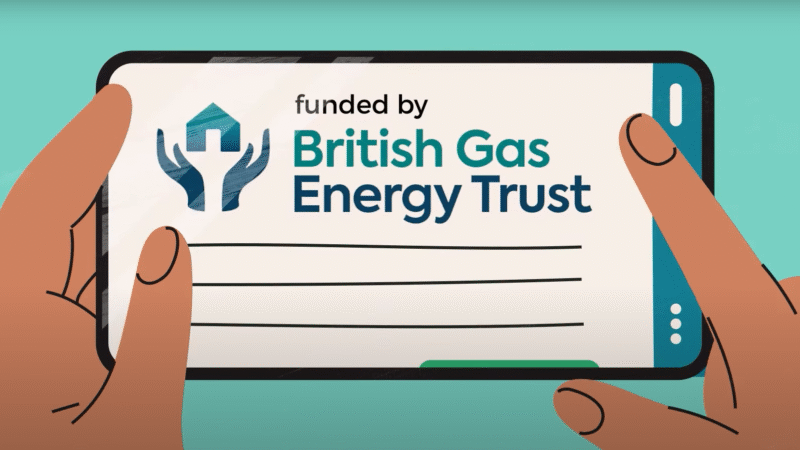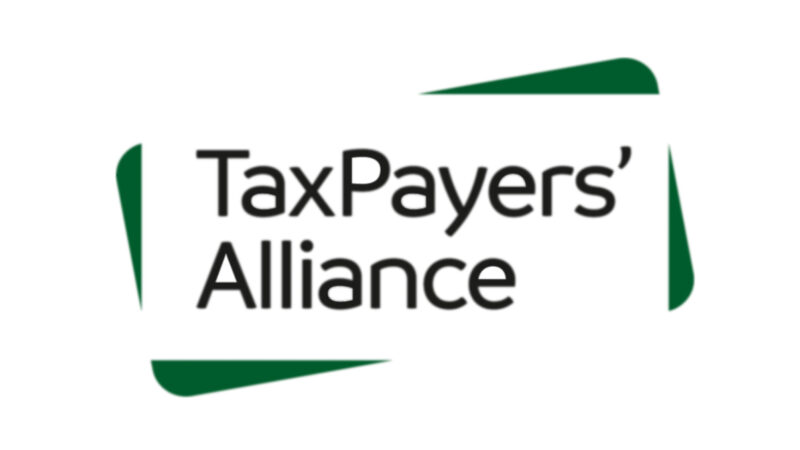BoE rise to 5.25%: Mortgage Expert Outlines What This Means for Homeowners

Kellie Steed, Uswitch.com mortgage expert comments:
03 August: How will lenders respond to the base rate rising again?The Bank of England Monetary Policy Committee has today announced the 14th consecutive rise in the UK base rate, which now sits at a 15 year high of 5.25%. This one has certainly been more difficult to predict and will likely come as a surprise to some economists, who believed that we’d seen rates peak for now.
The slight reduction in inflation reported in July, led some to believe that the base rate would stay put this time. Although the majority felt that with inflation still above 7%, either a 0.25% or 0.5% raise in the base rate was likely. What most mortgage holders will be waiting to see, of course, is how today’s announcement will impact mortgage rates.
Are rates falling?
NatWest, Halifax and Virgin Money all cut rates across a range of their mortgage products yesterday, ahead of today’s announcement. However, it’s important to note that lenders factor in the cost of fixed-rate deals quite far in advance, so today’s increase would likely not have influenced their decision greatly, no matter whether it increased or decreased. However, lender confidence is certainly improving generally, as last week also saw three more major lenders , Nationwide, Barclays and TSB cut many of their rates even further ahead of the BoE announcement.
Whether mortgage interest rates continue to be cut throughout the remainder of 2023 depends on wider economic circumstances, such as the future trajectory of inflation. ONS release the next inflation data in just under two weeks, on 16 August.
Is it time to fix?
As of today, the average 75% LTV 2 year fixed-rate deal is at 6.81% for residential purchase – still higher than the peak of 6.65% seen in October 2022 after the September mini-budget. 5 year fixes remain slightly lower, at an average rate of 6.45% at 75% LTV for residential mortgages.
People are, understandably, reluctant to lock in a high interest rate when there’s growing confidence that mortgage rates look to be gradually declining. However the average SVR remains high, at 8.49%, so despite the relatively modest reductions seen in both fixed and variable deals recently, it’s still absolutely worth looking at your remortgage options to avoid a high SVR.
Don’t forget, you can switch your mortgage deal up to six months ahead of your current deals end date – allowing you to lock in a new rate now, just in case. If rates do fall, then you’re not locked into the deal until your existing one expires, so you can just switch again to the cheapest product available at the time. However, if rates unexpectedly rise again, you’ll already have secured a more competitive deal, giving you less to worry about.
What about variable rates?
Those with a tracker mortgage will weather another immediate rise in their current interest rate from today. Despite the impending 0.25% increase in the base rate, as of today, the average 2-year tracker is still cheaper than the average fixed-rate mortgage, at 5.69% at 75% LTV.
Nevertheless after 14 consecutive increases, many will be seriously considering whether the security of a short fixed-rate deal is worth the additional cost.What to do if you’re struggling to pay your mortgage.
Back in June, The Mortgage Charter was drawn up between the FCA, the government and most major mortgage lenders. It introduced a range of easements (or temporary coping measures) for those unable to afford their mortgage repayments.
On 1st August, UK Finance launched the Reach Out campaign to draw further attention to the mortgage charter, in an attempt to ensure those struggling know what help is available to them.Lenders are aware that recent dramatic interest rate rises have impacted their customers’ affordability and most are poised to help in whatever way possible. The emphasis is to ‘reach out’ to your lender, rather than waiting until you become completely unable to pay your mortgage.
https://www.uswitch.com/mortgages/






